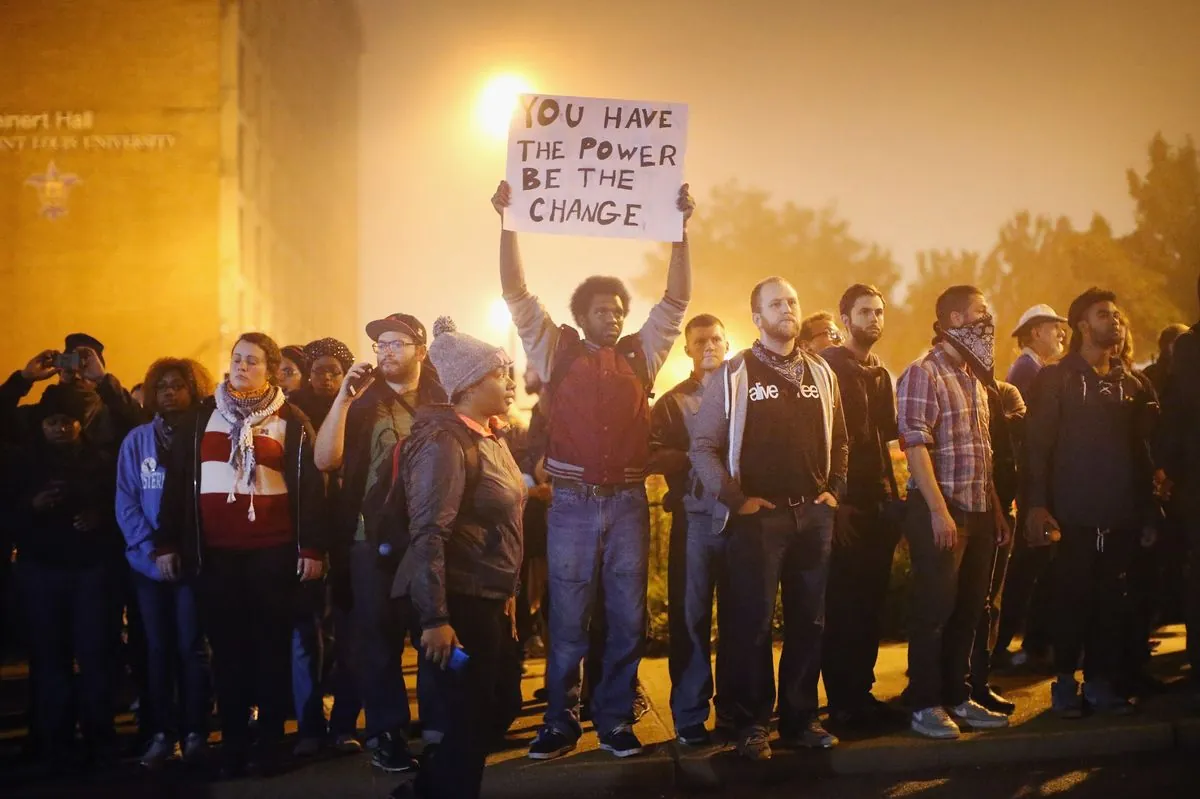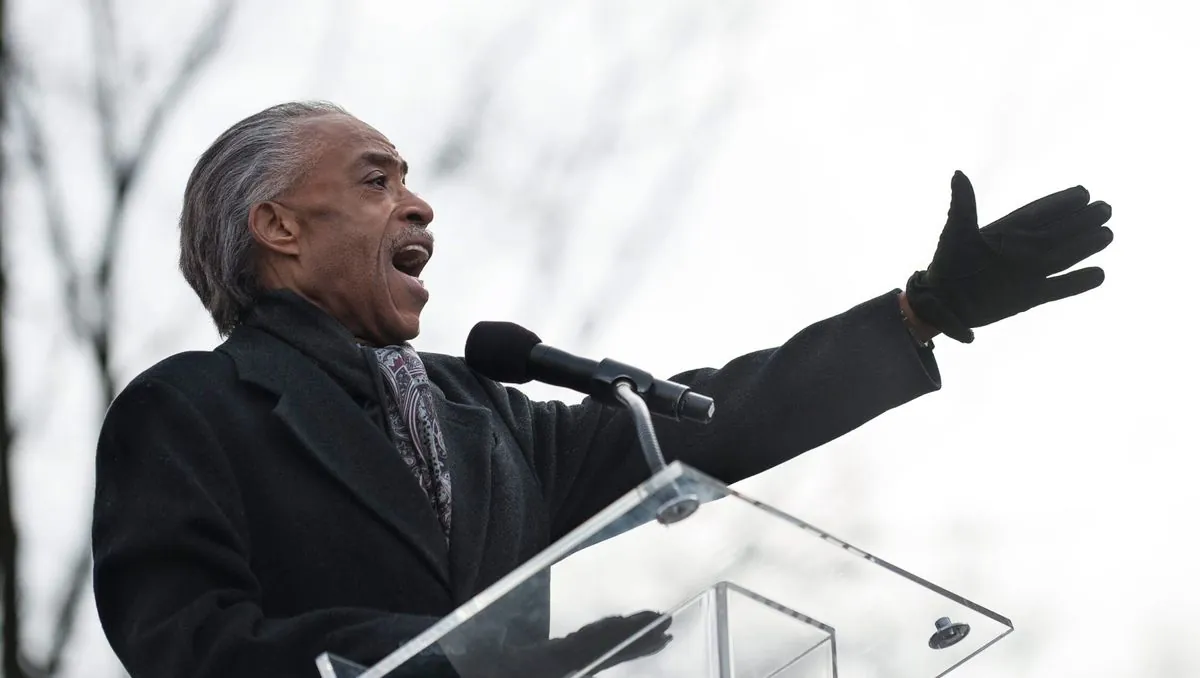Ferguson Activists Face Off in High-Stakes Missouri Congressional Primary
Two leaders who emerged from Ferguson's 2014 unrest compete for a congressional seat. The race, marked by Israel-Palestine debate and significant campaign spending, tests progressive politics.

In a significant political contest, Cori Bush and Wesley Bell, both prominent figures who emerged from the 2014 Ferguson unrest, are vying for Missouri's 1st Congressional District seat. The Democratic primary, scheduled for August 6, 2024, has garnered national attention due to its implications for progressive politics and the ongoing Israel-Palestine debate.
The race coincides with the 10th anniversary of Michael Brown's death in Ferguson, a suburb of St. Louis. This event, which occurred on August 9, 2014, sparked widespread protests and became a catalyst for the Black Lives Matter movement. Both Bush and Bell played crucial roles in the aftermath, albeit in different capacities.
Bush, 48, gained prominence as a protest leader and has served two terms in Congress. Her reelection bid faces significant opposition, primarily due to her stance on the Israel-Palestine conflict. The American Israel Public Affairs Committee's (AIPAC) super PAC has invested $8.5 million in efforts to unseat Bush, following her criticism of Israel's actions after the October 2023 Hamas attack.

Bell, 49, a lawyer and former prosecutor, took a different path. He initiated community policing discussions and later won election as St. Louis County Prosecuting Attorney. In July 2020, Bell reopened the investigation into Brown's death, concluding that while the evidence was insufficient to charge the officer involved, it also did not exonerate him.
"He used my family for power. And now he's trying to sell out St. Louis."
Bush's campaign emphasizes her accomplishments, including securing $2 billion for her district and her efforts to extend the federal eviction moratorium during the COVID-19 pandemic. Bell, on the other hand, highlights his progressive approach to prosecution, including non-prosecution of abortion cases and the implementation of diversion programs for individuals with mental health and substance abuse issues.
The outcome of this primary could have far-reaching implications for progressive politics in Congress. If Bush loses, she would be the second member of the progressive "Squad" to fall in a primary this year, following the defeat of Jamaal Bowman in New York.
As the race intensifies, both candidates continue to present their visions for the district, while voters weigh the complex interplay of local issues, national politics, and international concerns that have come to define this high-stakes primary.


































